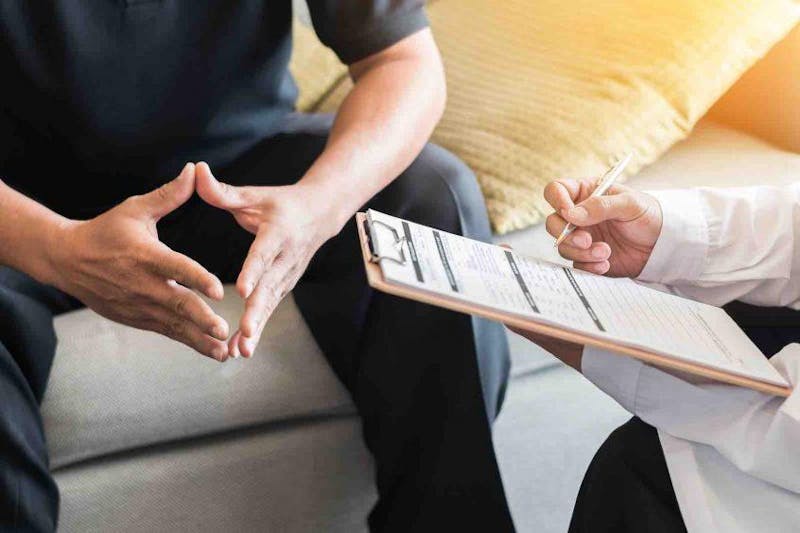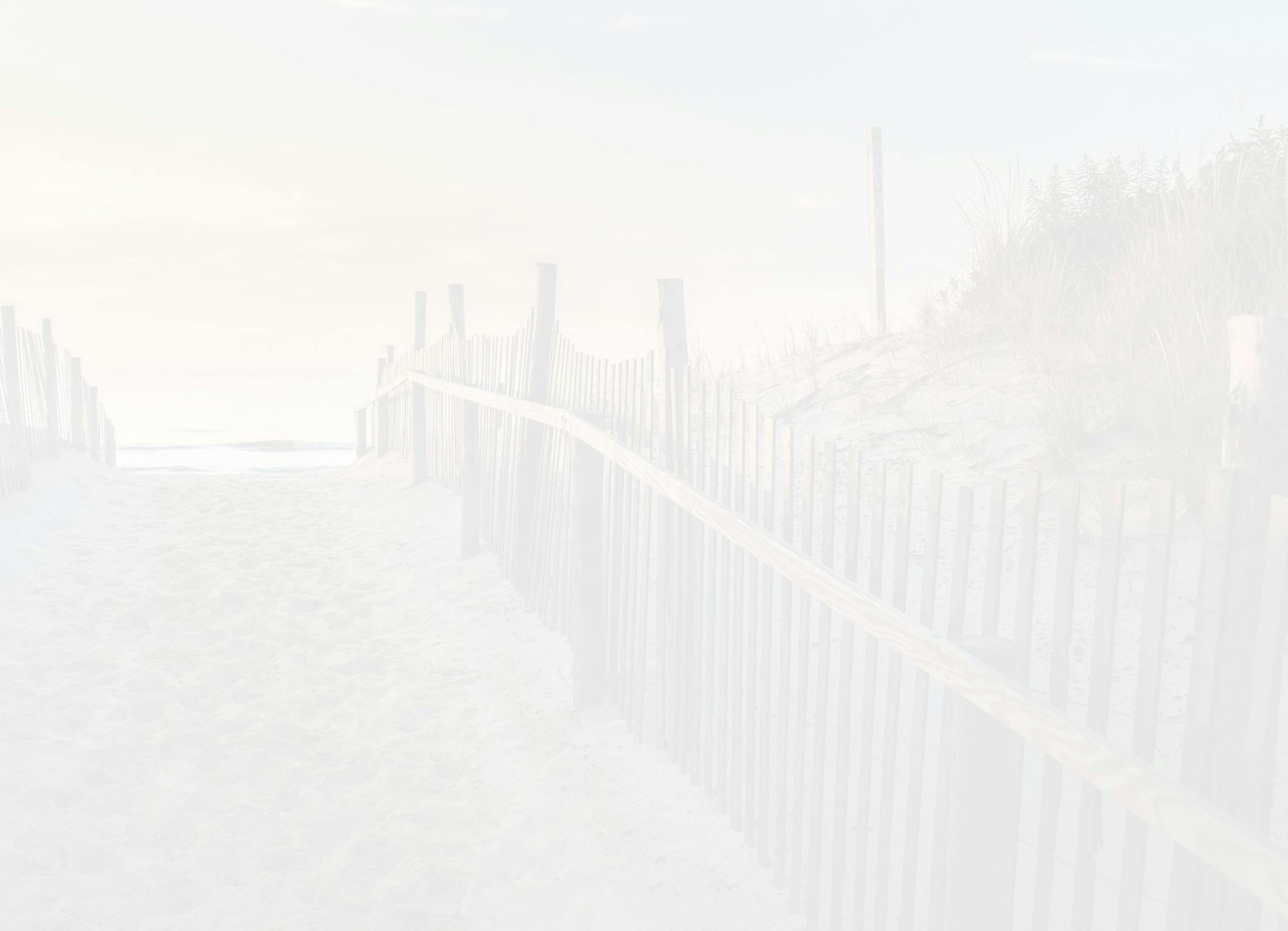
Although the symptoms vary depending on which part of your spine is affected, narrowing (stenosis) of the spinal canal can irritate and inflame the highly sensitive nerves traveling through your backbone.
Our team of board-certified orthopedists and staff at the Center for the Functional Restoration of the Spine (CFRS) specializes in diagnosing and treating painful disorders like spinal stenosis that affect your mobility and overall quality of life.
As part of our commitment to providing you with the facts you need to make informed decisions about your spinal health, we’re happy to explain what causes spinal stenosis and the treatments that can get you moving pain-free again.
Understanding the spinal canal and spinal stenosis
The spinal canal is a hollow tunnel that’s formed by the way vertebrae, facet joints, and other tissue structures line up to form your spine. This tube-like channel houses the spinal cord, which runs from your brain to the upper portion of the lumbar (lower) back.
Wrapped in a protective membrane and filled with fluid, the spinal cord contains millions of nerve fibers that exit the spinal canal via nerve roots at various locations along the spine.
As they branch away from your backbone, these nerves carry messages to and from your brain regarding sensation and movement and help regulate autonomic processes, such as your breathing rate or blood pressure.
Stenosis, often related to degenerative changes in the spine, reduces the space within the canal or at points along the spine where nerve roots exit. This narrowing can pinch the spinal nerves, triggering the pain and other symptoms associated with spinal stenosis.
What causes spinal stenosis?
Most often related to osteoarthritis or wear-and-tear in your back, spinal stenosis may be caused by:
- Bone spurs growing into the spinal canal
- Herniated discs that can bulge into the spinal canal
- Age-related stiffening and thickening of the spinal ligaments
- Spinal tumors
- Arthritis of the facet joints that link vertebrae together
- Injury sustained during a fall, car accident, or other trauma
Some individuals are born with a small or narrow canal and may be more prone to the nerve irritation and other symptoms of spinal stenosis.
What symptoms can I expect with spinal stenosis?
Spinal stenosis can occur anywhere along your spine but is most common in the lower back (lumbar spine) and neck (cervical spine).
The symptoms vary according to where the narrowing has occurred and which nerves are affected.
Lumbar spinal stenosis, for instance, may affect the nerves that regulate sensation and movement in your buttocks, hips, and legs, causing sciatica.
You may experience:
- Lower back pain that may worsen over time
- Tingling, numbness, or burning discomfort that travels into the hips or buttocks and down the backs of the legs
- Sensation of weakness in the affected leg or foot
- Cramping pain in the muscles of the legs that worsens with activity and improves with rest
Symptoms of cervical spinal stenosis may include:
- Neck pain
- Numbness or tingling in your arm(s) or hand(s)
- Weakness or loss of grip strength in the affected arm or hand
If left untreated, severe spinal stenosis can cause loss of bowel or bladder function that may lead to incontinence of urine or stool. As the condition progresses, you may also experience difficulty with balance, coordination, and mobility.
Treating spinal stenosis
Depending on the extent of stenosis, we may recommend conservative treatment such as physical therapy, oral pain medications, activity modifications, or steroid injections to reduce nerve irritation and inflammation.
When conservative therapies fail to resolve your symptoms, you may benefit from a surgical procedure such as minimally invasive endoscopic decompression or a decompressive laminectomy to relieve pressure on the impinged nerves and stabilize the spine.
For more information about spinal stenosis and the treatments we offer, schedule a visit at one of our three CFRS New Jersey locations today.

